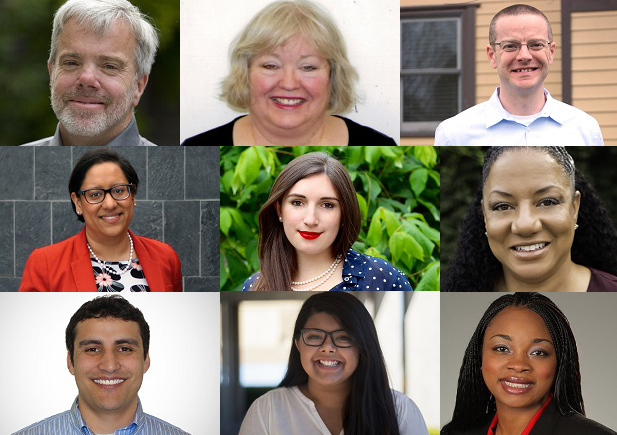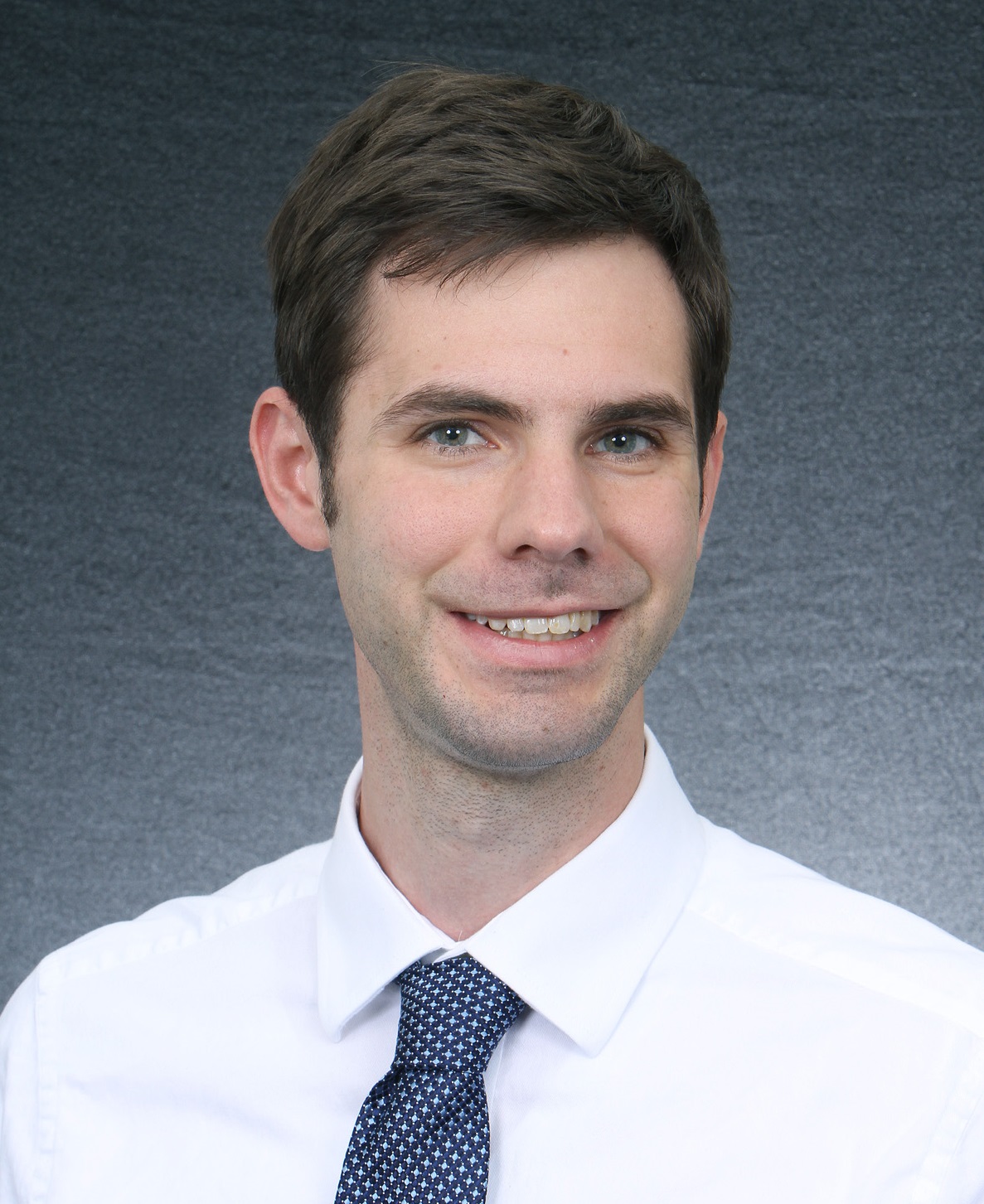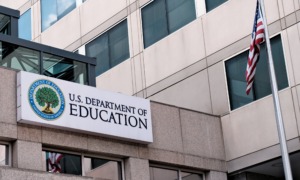We want one class of persons to have a liberal education and we want another class of persons, a very much larger class of necessity, to forgo the privileges of a liberal education and fit themselves to perform specific difficult manual tasks.
Those words came a little over 100 years ago from President Woodrow Wilson when he served as president of Princeton University.
Have things changed much since then? Not if you ask the leadership at the Association of American Colleges & Universities.
On the first day of its annual meeting in Washington, D.C, the organization released a statement that criticizes America’s current postsecondary education system as promoting the kind of educational elitism that Wilson espoused in 1909.
“A great democracy cannot be content to provide a horizon-expanding education for some and work skills, taught in isolation from the larger societal context, for everyone else,” says the AAC&U statement released Wednesday titled The Quality Imperative: Match Ambitious Goals for College Attainment with an Ambitious Vision for Learning.
“Yet this is what the postsecondary system, viewed as a whole, provides now. And this is what we must work together to change.”
There is, of course, something a little self-serving about an organization of colleges and universities calling for greater investment in liberal education. But even after you bring a healthy sense of skepticism to the discussion, amid the clamor for more Americans to get more postsecondary credentials and degrees, there’s a certain value to hearing an alternative viewpoint that talks not just about the credentials and degrees, but the type of education that goes along with earning them.
The AAC&U says promoting liberal education over narrow training is not just an educational exercise, but has practical value to employers and employees alike.
“In this turbulent and fast-paced economy, employees frequently change industries as well as jobs, and they already are expected to engage in significant new learning across their careers,” the Quality Imperative paper states. “Moreover, nine out of 10 employers say their organizations now look for broader levels of knowledge and skill than in the past, and assign higher levels of responsibility to those they employ.
To prepare for these career realities, the paper says, students must develop “a broad knowledge – of science, society, and global developments – and the kinds of advanced, cross-cutting capacities that prepare them to grapple with complexity, contingency, and new learning in contexts of rapid change.”
The paper also criticizes the emphasis that is often placed on acquiring a postsecondary education simply as a means to economic survival.
“Important as it is, economic preparation is not the only college outcome that matters,” the paper states. “As a democracy, the United States also needs to ensure that the curriculum prepares graduates richly for the responsibilities and challenges they face as citizens – citizens whose decisions and judgments will profoundly affect the decency, integrity, and even the sustainability of our shared future.”
And the paper calls for educational institutions to prepare students not only to be employees, but problem-solving leaders who are equipped with the knowledge and skills to serve in higher roles and also to pursue their own individual dreams.
The paper calls for incorporating certain learning outcomes, such as analytical reasoning and a greater understanding of United States’ role in the world, into all degree programs – technical and professional fields as well as liberal arts – to help students meet the challenges of the future.
“It would be a tragedy – and a massive failure of vision for our future – if the new investments in postsecondary access flow mainly to programs that provide narrow training or short-term credentials apart from these larger aims of a 21st century education,” the paper states. “We have long since recognized the inequities that vocational versus academic tracking created in our public schools. It is time now to focus on making excellence inclusive in higher education as well.”
Jamaal Abdul-Alim covers College & Careers through a grant from the Bill & Melinda Gates Foundation. He can be reached at Jamaal@youthtoday.org





























